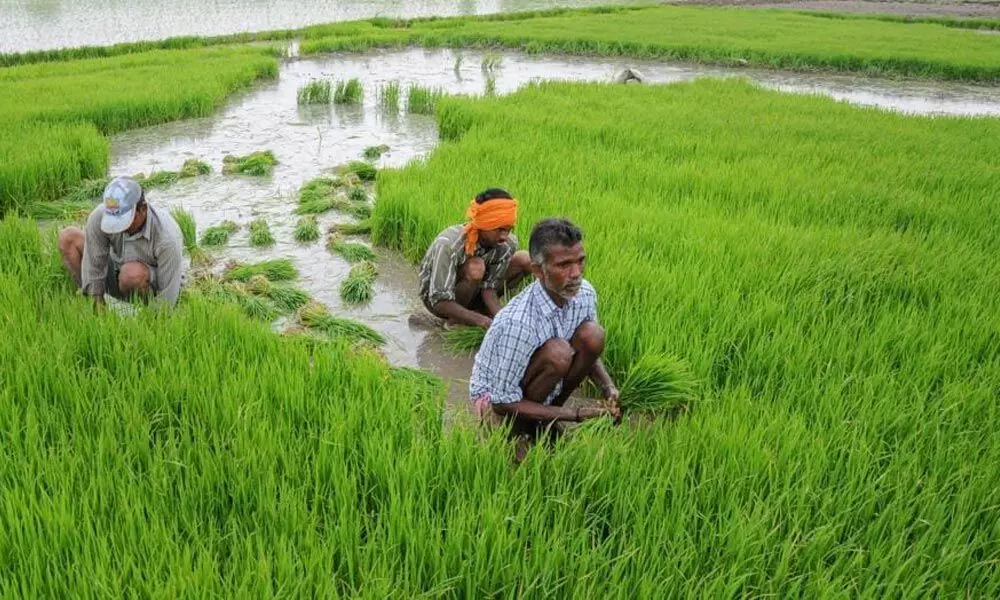Rural economy remains immune to Covid 2.0
2nd wave of pandemic takes a toll on education and healthcare sectors
image for illustrative purpose

According to recent SPI surveys conducted in mini-grid villages, 61% of the participants responded that availability of essential services this year was better than the lockdown in 2020
New Delhi: Smart Power India (SPI), a subsidiary of the Rockefeller Foundation, has released the results of their survey titled 'SPI's Survey of Mini-grid Villages May 2021,' which shows that overall economic activity in such villages was less affected in 2021 due to the pandemic that largely impacted the healthcare and educational sector
The survey was carried out to assess the impact of Covid-19, with a sample size of 200 respondents across 48 villages in the States of Uttar Pradesh and Bihar. It was learnt that while overall economic activity in mini-grid villages was less affected in 2021, the impact on education and healthcare infrastructure was much worse compared to 2020. SPI conducts these surveys periodically to stay abreast of evolving issues the rural Indian consumer is dealing with, in the light of the pandemic.
According to recent SPI surveys conducted in mini-grid villages, 61 per cent of the participants responded that availability of essential services this year was better than the lockdown in 2020. Family income also showed improvement as compared to the first lockdown as 29 per cent of the respondents expressed that 10 to 25 per cent of their family income this year was impacted due to the lockdown due to better preparedness. Around 1.6 per cent of the respondents faced no impact of the lockdown on their incomes.
This improvement in the family incomes in rural areas can be attributed to reliable access to electricity that has been consistent towards the rural communities amidst both the lockdowns in 2020 and 2021. 67 per cent of the respondents of the survey expressed satisfaction with the quality and availability of reliable electricity from mini-grids.
Though India's economy reflected the signs of recovery after the first wave peaked in September 2020, this recovery wasn't consistent. Income, employment and health were still key concerns for rural communities. A recent report by CSE estimates that more than 230 million Indians fell below the national minimum wage due to the Covid-19 crisis. The loss of jobs, decrease in wages, and unavailability of the health infrastructure remains a concern, leaving the rural masses unable to properly feed their families.
Many of those who had lost their jobs during the 2020 lockdown had found employment again but there was a fall in aggregate income – 90 per cent due to lower earnings and the rest due to job loss. As the second wave swept India, the nation reported 1,432,292 new Covid-19 cases and 24,914 deaths (as of June 20, 2021).
India is at the cusp of another deadly wave of the pandemic. With new variants of the virus entering our ecosystem, the upcoming wave is expected to be as deadly as the last.

